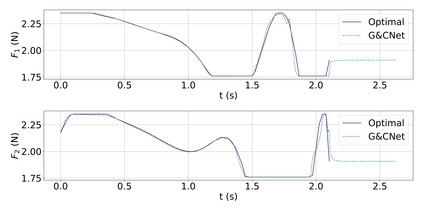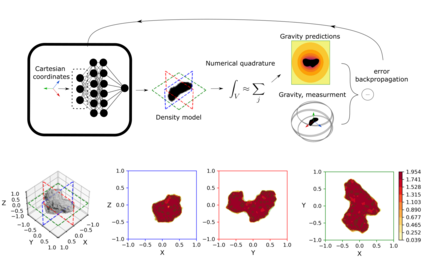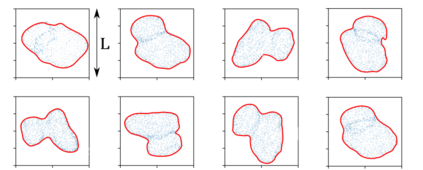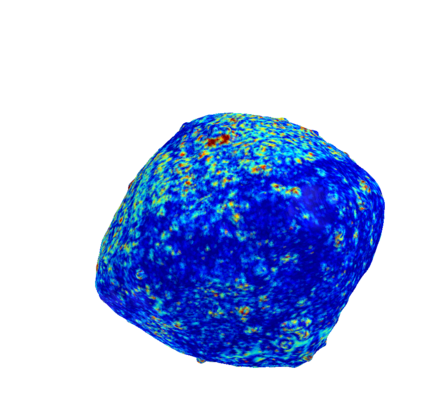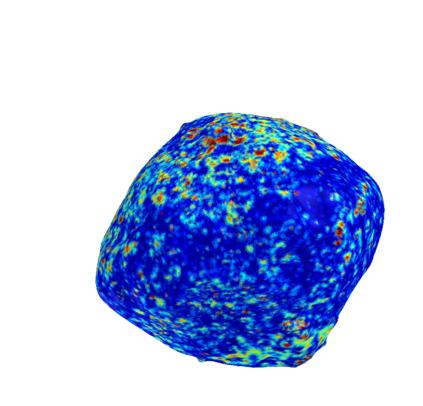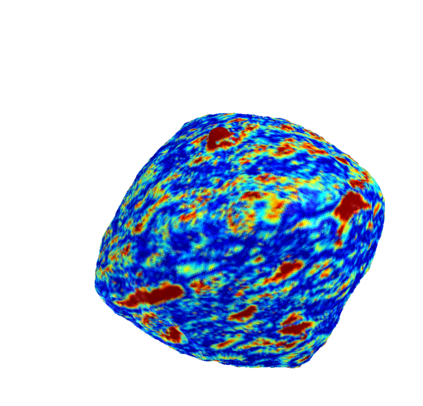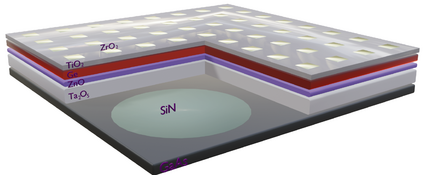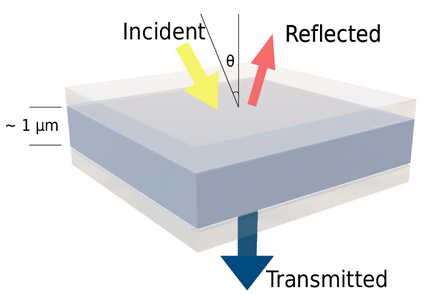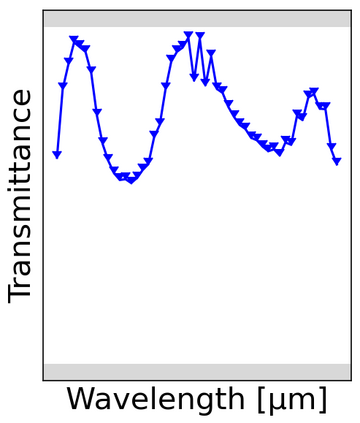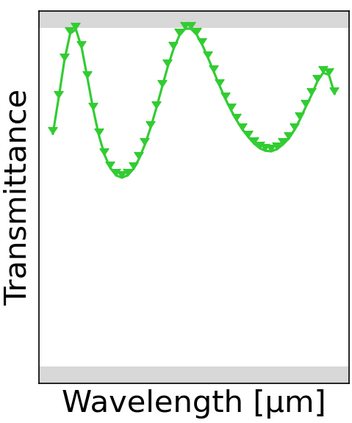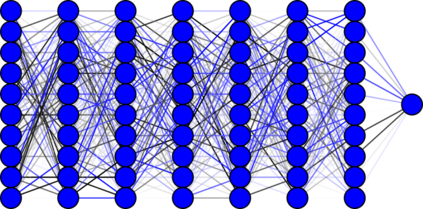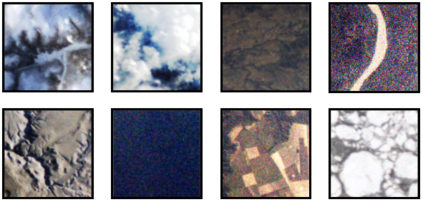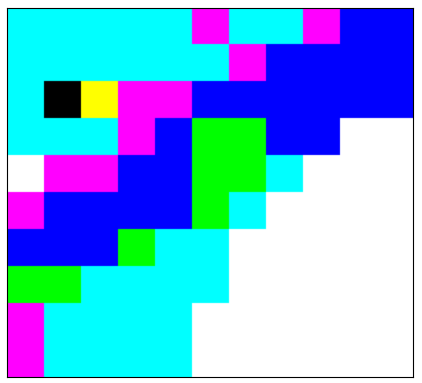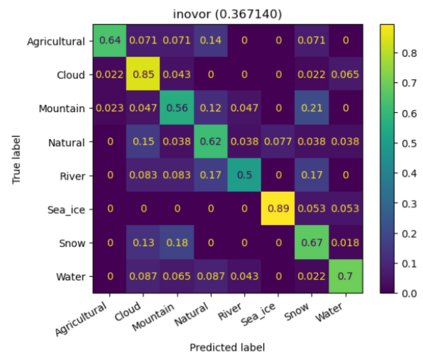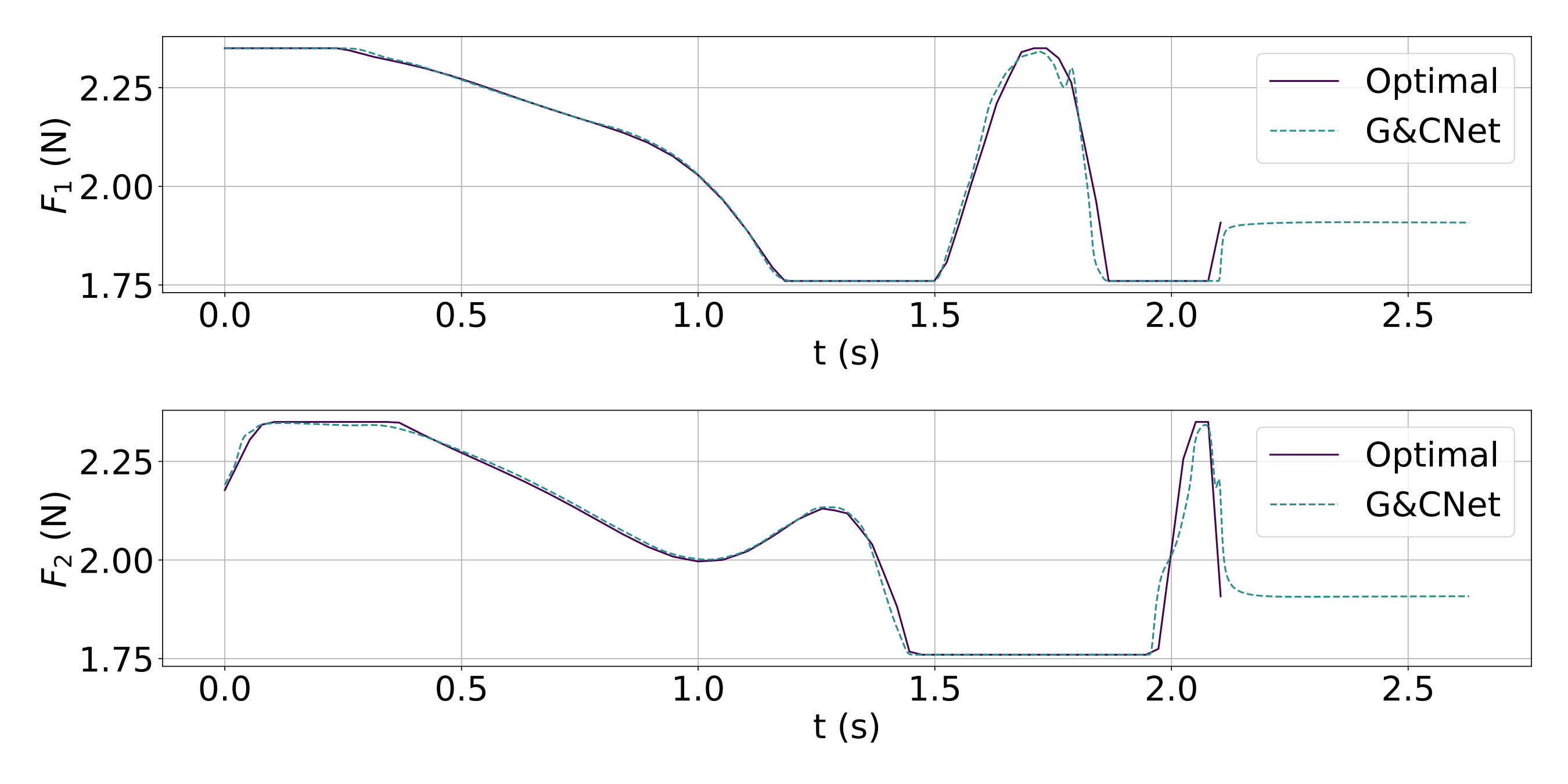The development and adoption of artificial intelligence (AI) technologies in space applications is growing quickly as the consensus increases on the potential benefits introduced. As more and more aerospace engineers are becoming aware of new trends in AI, traditional approaches are revisited to consider the applications of emerging AI technologies. Already at the time of writing, the scope of AI-related activities across academia, the aerospace industry and space agencies is so wide that an in-depth review would not fit in these pages. In this chapter we focus instead on two main emerging trends we believe capture the most relevant and exciting activities in the field: differentiable intelligence and on-board machine learning. Differentiable intelligence, in a nutshell, refers to works making extensive use of automatic differentiation frameworks to learn the parameters of machine learning or related models. Onboard machine learning considers the problem of moving inference, as well as learning, onboard. Within these fields, we discuss a few selected projects originating from the European Space Agency's (ESA) Advanced Concepts Team (ACT), giving priority to advanced topics going beyond the transposition of established AI techniques and practices to the space domain.
翻译:随着对潜在惠益的共识增加,空间应用中人工智能(AI)技术的开发和采用正在迅速发展,随着对潜在惠益的共识增加,空间应用中人工智能(AI)技术的开发和采用正在迅速增长。随着越来越多的航空航天工程师开始意识到AI的新趋势,对传统方法进行了重新研究,以考虑新兴AI技术的应用。在撰写本报告时,学术界、航空航天工业和空间机构与AI有关的活动的范围已经非常广泛,因此这些网页上无法进行深入审查。在本章中,我们侧重于我们认为反映该领域最相关和最令人兴奋的活动的两种主要新趋势:不同的情报和机上学习。简言之,不同的情报是指广泛使用自动区分框架来学习机器学习或相关模型的参数。机上学习考虑了移动推论和学习的问题。在这些领域中,我们讨论了欧洲航天局(欧空局)高级概念小组(ACT)的一些选定的项目,优先考虑超越既定AI技术和做法向空间领域的先进专题。

